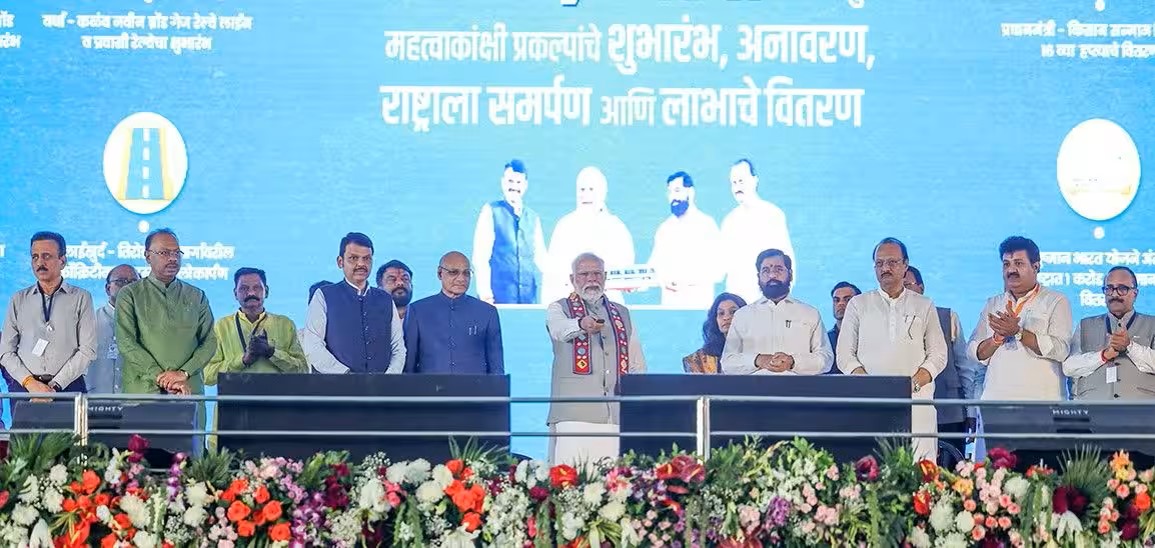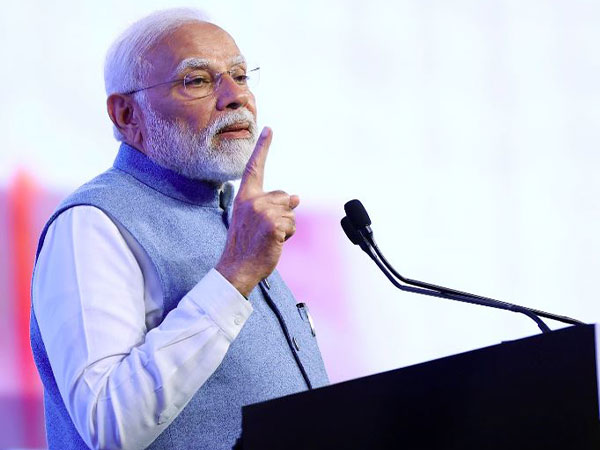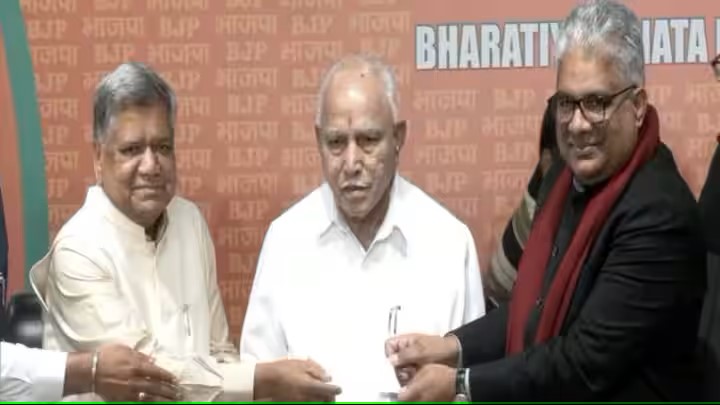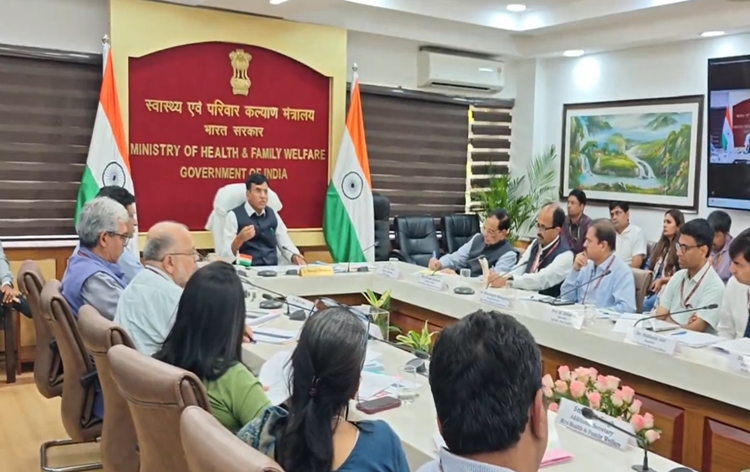Prime Minister Narendra Modi’s visit to Yavatmal, Maharashtra, on February 28, 2024, served as a powerful symbol of the government’s dedication to fostering development across various sectors and promoting social welfare. The Prime Minister inaugurated and dedicated a multitude of projects worth over Rs 4,900 crore, showcasing a multi-pronged approach that addressed critical needs in agriculture, infrastructure, healthcare, women’s empowerment, and social justice.
 Recognizing the pivotal role of agriculture in India’s economy and the well-being of its citizens, PM Modi placed a significant emphasis on supporting farmers during his visit. He released the 16th instalment of a staggering Rs 21,000 crore under the Pradhan Mantri Kisan Samman Nidhi (PM-KISAN) scheme. This direct benefit transfer program has provided much-needed financial assistance to over 11 crore farmers across the nation, contributing to their financial security and stability.
Recognizing the pivotal role of agriculture in India’s economy and the well-being of its citizens, PM Modi placed a significant emphasis on supporting farmers during his visit. He released the 16th instalment of a staggering Rs 21,000 crore under the Pradhan Mantri Kisan Samman Nidhi (PM-KISAN) scheme. This direct benefit transfer program has provided much-needed financial assistance to over 11 crore farmers across the nation, contributing to their financial security and stability.
Furthermore, PM Modi acknowledged the specific needs of Maharashtra’s farmers by disbursing additional funds under the state-specific ‘Namo Shetkari MahaSanman Nidhi’ scheme. This initiative demonstrates the government’s commitment to tailoring its policies to address the unique challenges faced by farmers in various regions.
PM Modi’s visit also highlighted the government’s unwavering commitment to empowering women and fostering inclusive development. The launch of the ‘Modi Awaas Gharkul Yojana’ marked a significant step in this direction. This ambitious scheme aims to provide pucca houses to 10 lakh OBC families in Maharashtra over the next three years. By ensuring access to safe and secure housing, the scheme empowers women and elevates their quality of life.
Further solidifying the government’s focus on women’s empowerment, PM Modi disbursed Rs 825 crore as revolving funds to women’s self-help groups (SHGs) across Maharashtra. This crucial financial injection empowers these groups to initiate micro-enterprises at the village level, fostering financial inclusion, generating income, and creating sustainable livelihoods for women in rural communities.
(bǐng chí quán mín yī liáo de yuàn jǐng, meaning adhering to the vision of universal healthcare, PM Modi initiated the distribution of one crore Ayushman cards across Maharashtra. This initiative significantly expands access to quality medical treatment for underprivileged communities, ensuring they can receive the healthcare they deserve without facing financial constraints.
Recognizing the critical role of robust infrastructure in propelling economic growth and development, PM Modi inaugurated several key infrastructure projects during his visit. He dedicated multiple irrigation projects, constructed under the Pradhan Mantri Krishi Sinchai Yojana (PMKSY) and Baliraja Jal Sanjeevani Yojana (BJSY), at a cumulative cost of over Rs 2,750 crore. These projects aim to address water scarcity, improve water security, and enhance agricultural productivity in the drought-prone Marathwada and Vidarbha regions.
Furthermore, PM Modi inaugurated several railway projects worth over Rs 1,300 crore, including new broad gauge lines connecting key towns in the Vidarbha and Marathwada regions. He also virtually flagged off two new train services, aiming to enhance regional connectivity, improve logistics, and facilitate easier movement for students, traders, and daily commuters. Additionally, he dedicated several road projects, including the four-laning of a national highway section and the upgradation of crucial connecting roads. These projects are expected to reduce travel time, improve logistics, and stimulate economic activity in the region.
PM Modi’s visit also transcended the realm of infrastructure and economic development. He unveiled a statue of Pandit Deendayal Upadhyay, a prominent Indian thinker and socio-political leader known for his philosophy of Antyodaya, which emphasizes uplifting the most disadvantaged sections of society. This act serves as a tribute to Upadhyay’s ideals and underscores the government’s commitment to social justice and inclusive development, ensuring that no one is left behind in India’s growth trajectory.




